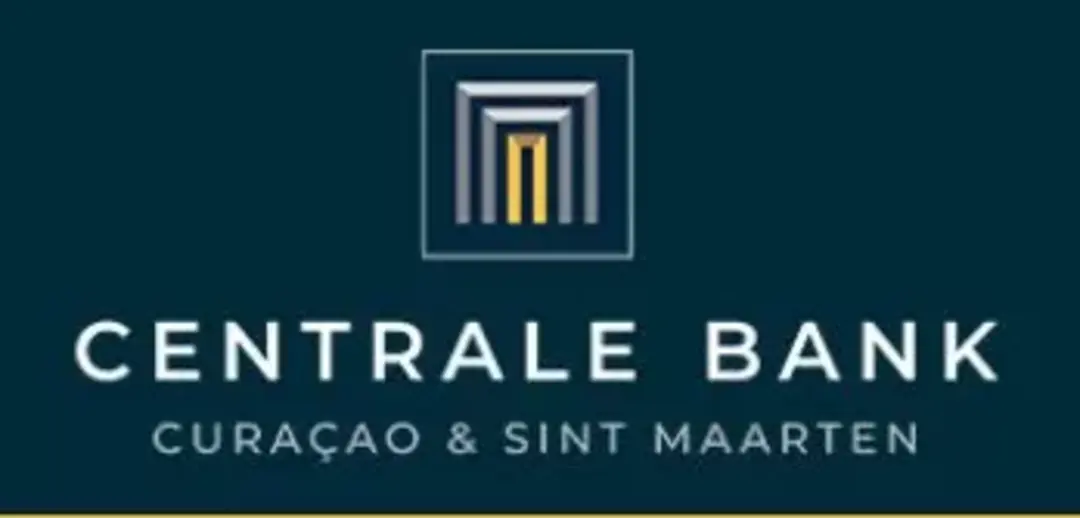Design of Caribbean Guilder Revealed
Willemstad/Philipsburg – The Centrale Bank van Curacao en Sint Maarten (CBCS) hosted simultaneous events in Curaçao and Sint Maarten to reveal designs of the new Caribbean banknotes and coins for the first time. The banknotes and coins draw inspiration from the World Under the Sea where fish swim freely, seeing no borders. This serves as a metaphor for the unity shared between the countries of Curaçao and Sint Maarten within its monetary union. The diversity of unique aquatic life serves as a reminder that, despite our distinct identities, we are connected by collaboration and shared objectives.
Banknotes
The front of the banknotes depicts the vibrant marine life native to Curaçao and Sint Maarten, while the reverse showcases significant historical and cultural landmarks of both countries. Each Caribbean guilder (Cg) banknote has a distinct color. The color of the 10 Cg banknote is predominantly yellow. The main characters on the front of the Cg 10 are the Gray Angelfish and the queen Conch. The back of the note shows the historic Light House on Klein Curacao. The color of the Cg 20 is predominantly blue. The front shows the Spotted Eagle Ray and the Yellow Cowry, while the back gives a view of the ecologically unique Simpson Bay Lagoon. The Cg 50 is a predominantly green banknote featuring the Green Sea Turtle and the Favored Tellin shell while on the back the pristine Playa Kenepa Grandi Beach is depicted. The Spotlight Parrot Fish and the Common Music Volute appear on front of the red Cg 100 banknote, while the back shows the remarkable Courthouse of Sint Maarten. The Cg 200 is predominantly purple with the Longsnout Seahorse and the Giant Tun Shell adorning the front and the iconic Queen Emma Bridge on the back.
Coins
Caribbean guilder coins have similar but distinct designs for Curaçao and Sint Maarten. These sets will circulate interchangeably on both islands. The Cg 5 and the Cg 1-guilder coins show the effigy of the King, along with his name ‘Willem-Alexander’ and the words ‘Koning der Nederlanden’ (King of the Netherlands) on the obverse. The reverse of the Sint Maarten Cg 5 and Cg 1-guilder coins show the national coat of arms and Green Sea Turtles while the reverse of the Curacao Cg 5- guilder and the Cg 1-guilder coins show the island of Curacao surrounded by the Caribbean Sea, its waves formed by the words ‘Curacao’. Two Green Sea Turtles complement the design. The lower denominations, 1ct, 5ct, 10ct, 25ct and 50ct coins show the Orange Blossom on the obverse side. The reverse reads either “Curacao” or “Sint Maarten”. The denomination sits between the Caribbean sky and waves in the middle of a constellation of three groups of 10 pearls representing the date 10-10-10, the date on which both countries became autonomous countries within the Kingdom of the Netherlands. Two Favorite Tellin Shells complete the design and together with the waves and pearls form the link to the underwater world of the banknotes.
During the reveal events in Sint Maarten and Curaçao, CBCS President Mr. Richard Doornbosch, and Executive Director Mrs. Leila Matroos-Lasten, respectively, spoke of the long journey of the Caribbean guilder, project which after 5 years of concentrated efforts by all stakeholders, enabled a beautiful and secure result: a new currency for the countries Curaçao and Sint Maarten.
Counting down to the new currency’s introduction next year, the CBCS will continue to provide information on a regular basis. Among materials now available to familiarize the public and businesses on the characteristics of the new currency is the mobile application “My Caribbean Guilder”, available for Android and iOS smartphones. In addition, the CBCS launched a dedicated webpage on the new currency, available at www.caribbean-guilder.com.
The CBCS will also commence training sessions for commercial bank and retail personnel on the new banknotes and coins contributing to a streamlined transition to the new currency from the NAf as the Caribbean guilder banknotes and coins replace those of the Netherlands Antilles.
Back to Visit St Maarten Main Page

